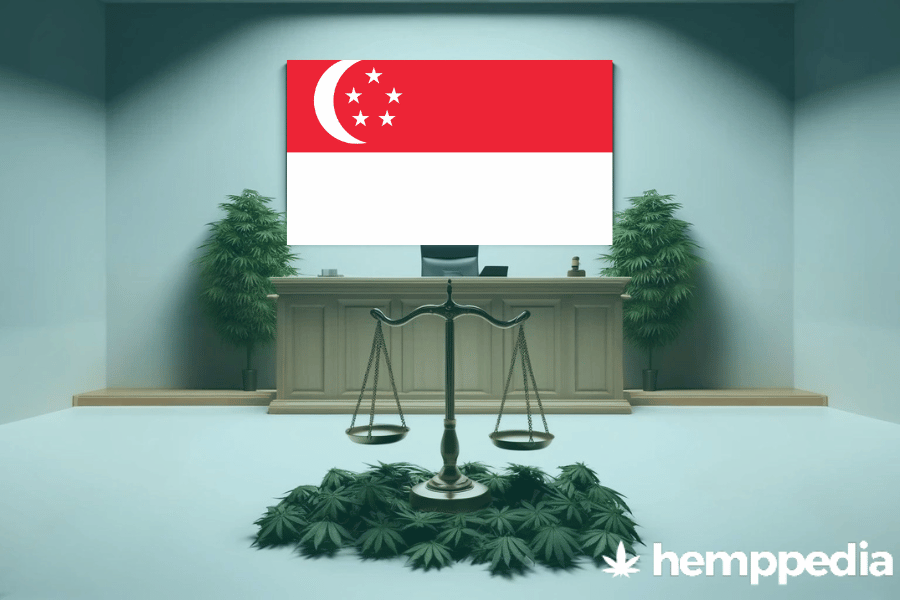TL;DR
Contrary to the global trend of decriminalizing and regulating the use and sale of cannabidiol (CBD) products, Singapore continues to maintain stringent laws against all forms of cannabis, including CBD. This article aims to provide an in-depth exploration of the current legal status of CBD in Singapore, its implications, and context in the regional and historical perspectives.
Snapshot of CBD legality in Singapore
| Aspect | Status |
|---|---|
| Legal Status | Illegal |
| Possession | Illegal, with potential criminal charges |
| Manufacturing | Illegal |
| Sales | Illegal |
| Import/Export | Illegal |
| Medical Usage | Illegal |
Overview of CBD Legislation in Singapore
Key terms
- CBD (Cannabidiol):CBD is one of the hundreds of natural compounds found in the cannabis plant. It’s non-psychoactive, meaning it doesn’t create a ‘high’ associated with marijuana.
- THC (Tetrahydrocannabinol): A psychoactive compound in cannabis that produces the ‘high’ effect. Unlike CBD, THC is regulated and illegal in many jurisdictions due to its psychoactive effects.
Legal Landscape
As stipulated by the Central Narcotics Bureau (CNB), any cannabis-derived products, including CBD, are classified as Class A controlled substances under the Misuse of Drugs Act. Possession, consumption, or trafficking of these substances are illegal. They are even subjected to the death penalty if certain quantities are surpassed.
Regulatory Bodies
The CNB is the primary agency responsible for enforcing anti-drug laws in Singapore, including those relating to cannabis and CBD. The Health Sciences Authority regulates pharmaceuticals and health products; however, CBD is not considered a health product under local legislation.
Historical Context of CBD in Singapore
Singapore’s stringent stance against narcotics has a clear historical context, with the nation not only maintaining but further tightening its zero-tolerance policy towards cannabis and CBD. This conservative approach remains unchanged, despite shifting global sentiments towards cannabis regulation.
Possession, Use, Cultivation, and Sales
The misuse of drugs act makes it illegal to cultivate, sell, supply, possess, or consume CBD products in Singapore. The law even restricts the possession or sale of utensils used in the administration of these substances. There are severe penalties including imprisonment and corporal punishment, even for first-time offenders.
Enforcement and Penalties
Penalties for violating CBD laws in Singapore are severe. For possession or consumption, first-time offenders could face up to 10 years in jail or S$20,000 fine, or both, depending on the volume of CBD. Subsequent breaches carry even more severe penalties which can include caning or the death penalty in extreme cases related to trafficking.
Comparative Analysis
Arguably, Singapore’s stance on CBD, and cannabis more broadly, is one of the most restrictive globally. This contrasts with trends in North America and parts of Europe, where CBD use is increasing under regulated legal frameworks. The rigidity of Singaporean drug laws reflects broader sociocultural and political approaches towards narcotics in the country.
Conclusion
Singapore’s strict legislation regarding cannabis and CBD characterize its uncompromising approach to narcotics control. The penalty for breaching these laws is severe, underscoring the government’s commitment to maintaining what they view as the social fabric and national security of Singapore. With the legal landscape unlikely to change in the immediate future, Singapore appears set to remain at odds with the global trend towards CBD acceptance and decriminalized use.





